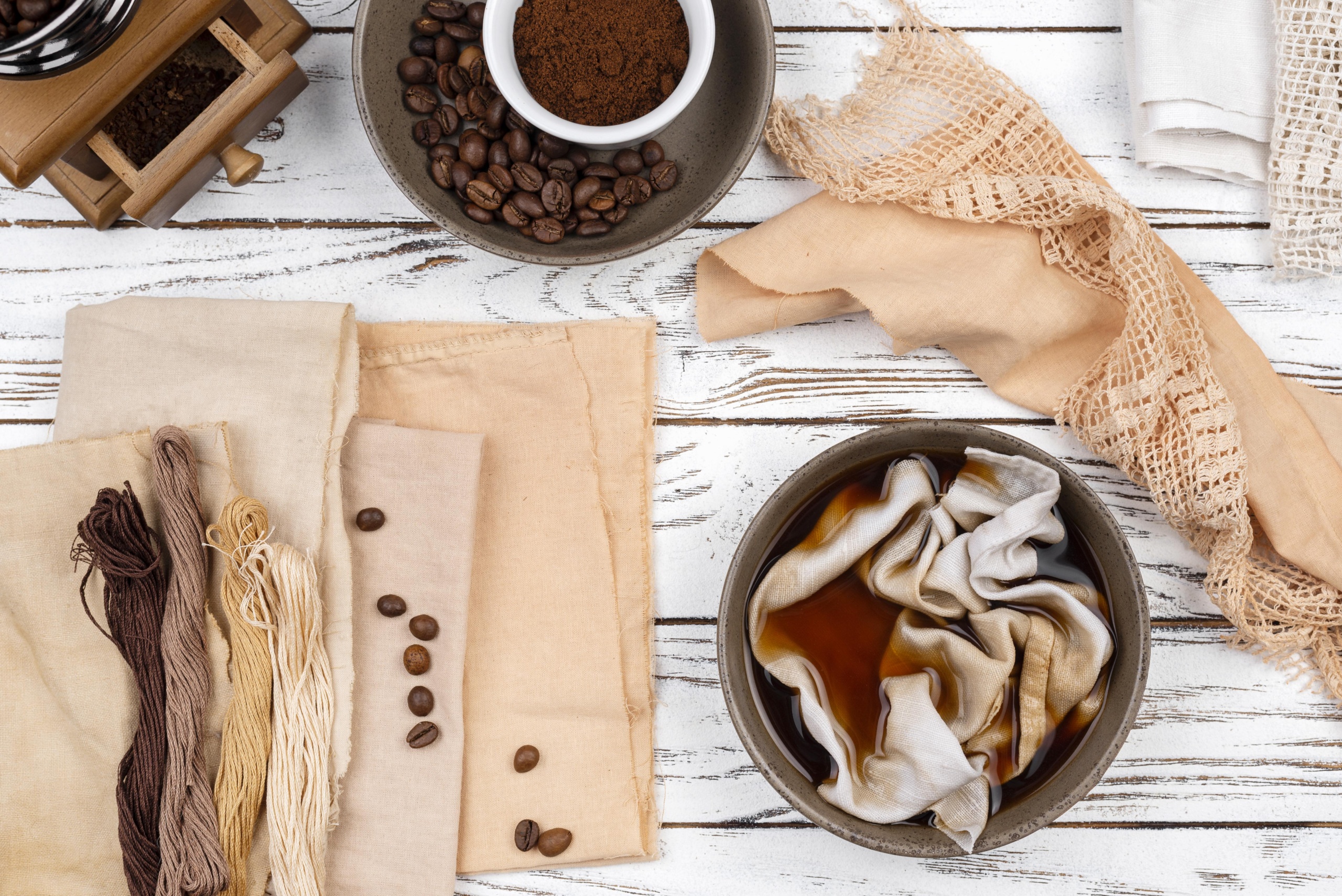The Ultimate Guide to Café de Hongos (Mushroom Coffee): Benefits, Uses, and Ryze’s Role in the Trend
Introduction
Coffee is one of the most beloved beverages in the world, cherished for its rich flavor and energizing properties. But in recent years, a new contender has entered the wellness spotlight: café de hongos, or mushroom coffee.
Far from being a passing fad, mushroom coffee combines the familiar taste of roasted beans with the functional health benefits of medicinal mushrooms. Brands like Ryze Mushroom Coffee have popularized it in North America and beyond, with claims of smoother energy, mental clarity, and reduced caffeine jitters.
In this comprehensive guide, we’ll explore everything you need to know about café de hongos—from its history and cultural context to its potential health benefits, how it’s made, and whether it truly lives up to the hype.
What Is Café de Hongos?
Café de hongos literally means mushroom coffee in Spanish. It’s typically a blend of:
- Traditional coffee beans (Arabica or Robusta).
- Medicinal mushroom extracts, such as Lion’s Mane, Reishi, Cordyceps, Chaga, or Turkey Tail.
Unlike the idea of “mushroom soup in a cup,” these extracts are finely ground, and most blends taste remarkably similar to regular coffee. The mushrooms add a subtle earthiness but are primarily valued for their adaptogenic and nootropic effects rather than flavor.
A Brief History of Mushroom Coffee
Although mushroom coffee feels like a modern wellness trend, it actually has deeper roots:
- World War II Finland: Coffee shortages led people to brew drinks from Chaga mushrooms as substitutes.
- Traditional Chinese Medicine (TCM): Mushrooms like Reishi and Cordyceps have been used for thousands of years for vitality, immune support, and longevity.
- Modern Wellness Movement: Companies such as Four Sigmatic and Ryze reintroduced mushroom coffee to Western markets in the 2010s as a healthier alternative to standard coffee.
Popular Mushrooms Used in Café de Hongos
- Lion’s Mane (Hericium erinaceus)
- Supports cognitive function, focus, and memory.
- Often included for its nootropic properties.
- Reishi (Ganoderma lucidum)
- Known as the “mushroom of immortality.”
- Used to promote relaxation, reduce stress, and support sleep.
- Chaga (Inonotus obliquus)
- Rich in antioxidants.
- Traditionally consumed for immune health and anti-inflammatory benefits.
- Cordyceps (Cordyceps sinensis / militaris)
- Believed to boost stamina and athletic performance.
- Often used in pre-workout supplements.
- Turkey Tail (Trametes versicolor)
- Known for immune system support.
- Contains beneficial polysaccharides like beta-glucans.
Benefits of Café de Hongos
The top question searched in Spanish is: “¿Para qué sirve el café de hongos?” (What is mushroom coffee for?). Here’s a breakdown of reported benefits:
1. Smoother Energy
Mushroom coffee typically contains less caffeine than regular coffee, reducing jitters, crashes, and anxiety.
2. Mental Clarity and Focus
Lion’s Mane in particular is linked to cognitive support, making mushroom coffee a popular choice for students, entrepreneurs, and creative professionals.
3. Immune Support
Reishi, Chaga, and Turkey Tail mushrooms are rich in antioxidants and beta-glucans, believed to strengthen immunity.
4. Stress Relief
Adaptogenic mushrooms like Reishi help the body adapt to stress and promote relaxation.
5. Gut Health
Some mushroom blends support healthy digestion and microbiome balance.
6. Reduced Acidity
Mushroom blends are often less acidic than regular coffee, making them gentler on the stomach.
Ryze Café de Hongos
One of the most recognizable brands in the mushroom coffee market is Ryze Mushroom Coffee.
- Ingredients: Ryze blends organic Arabica coffee with six functional mushrooms: Lion’s Mane, Reishi, Cordyceps, Chaga, Turkey Tail, and Shiitake.
- Marketing: They promote it as a daily ritual for energy, focus, and immunity without jitters.
- Preparation: Comes in instant powder packets, mixed easily with hot water or milk alternatives.
- Target Audience: Health-conscious millennials, remote workers, and biohacking enthusiasts.
Ryze has helped mainstream mushroom coffee through influencer partnerships, Instagram marketing, and customer testimonials.
How Mushroom Coffee Compares to Regular Coffee
| Feature | Regular Coffee | Mushroom Coffee (Café de Hongos) |
|---|---|---|
| Caffeine Content | 90–120 mg per cup | 40–80 mg per cup (varies by brand) |
| Taste | Strong, bitter, aromatic | Similar, but earthier and milder |
| Benefits | Alertness, energy | Energy + adaptogenic & immune support |
| Side Effects | Jitters, anxiety, acidity | Fewer jitters, gentler on stomach |
| Price | $0.50–$2 per cup | $1–$3 per cup (premium wellness product) |
How to Prepare Café de Hongos
- Instant Mix: Add hot water or milk to powdered mushroom coffee. Quick and easy.
- Ground Blend: Brew in a French press, espresso machine, or drip coffee maker.
- Latte Style: Mix with oat milk, almond milk, or coconut milk for a creamy texture.
- Iced Coffee: Prepare hot, then pour over ice for a refreshing summer version.
Who Should Try Mushroom Coffee?
- Students & Professionals: For sustained focus without caffeine crashes.
- Athletes: Cordyceps blends may improve endurance.
- Wellness Seekers: Looking for antioxidants and adaptogens.
- Sensitive Coffee Drinkers: Those who experience acidity or jitters from traditional brews.
Potential Downsides
- Taste Preference: Some people find the earthy flavor off-putting.
- Price: More expensive than regular coffee.
- Scientific Evidence: While many mushrooms show promise, more clinical studies are needed.
- Allergies/Interactions: Those with mushroom allergies or on certain medications should consult a doctor.
Buying Café de Hongos
You can find mushroom coffee through:
- Brand Websites (Ryze, Four Sigmatic).
- Amazon & Walmart.
- Specialty Health Stores.
- Etsy & Independent Shops.
Prices vary, but most 30-serving packs range between $30–$45.
DIY Mushroom Coffee
For DIY enthusiasts:
- Brew your regular coffee.
- Add mushroom extract powder (available online).
- Stir in sweetener, milk, or spices like cinnamon.
This is a cheaper way to experiment before committing to branded blends.
Social Media Buzz
TikTok and Instagram have played a huge role in mushroom coffee’s rise:
- Hashtags: #MushroomCoffee, #CafeDeHongos, and #RyzeCoffee generate millions of views.
- Influencers: Wellness bloggers promote it as part of their morning routines.
- Pinterest: Recipe boards feature mushroom coffee lattes and iced blends.
Pros and Cons of Café de Hongos
Pros
- Lower caffeine with steady energy.
- Added health benefits from functional mushrooms.
- Versatile preparation styles.
- Growing availability.
Cons
- Pricier than traditional coffee.
- Taste may require adjustment.
- Benefits not always backed by large-scale studies.
Final Thoughts
The rise of café de hongos represents a shift in how we think about coffee—not just as a morning pick-me-up, but as a functional wellness drink. With brands like Ryze Mushroom Coffee leading the way, more people are turning to mushroom blends for focus, immunity, and stress relief.
While research is still evolving, mushroom coffee offers a compelling alternative for those who want the ritual of coffee without some of its drawbacks. Whether you buy a premium blend or DIY your own version, it’s worth trying if you’re curious about merging tradition with modern wellness trends.
Suggested References (10 Domains)
Here are 10 domains you can reference for authority and SEO:
- drinkryze.com – Official Ryze Mushroom Coffee site.
- foursigmatic.com – Another leading mushroom coffee brand.
- healthline.com – Evidence-based health articles.
- medicalnewstoday.com – Coverage of mushroom benefits and adaptogens.
- verywellhealth.com – Wellness and nutrition resource.
- menshealth.com – Lifestyle and supplement insights.
- womenshealthmag.com – Wellness trends including mushroom coffee.
- amazon.com – Product listings and reviews for mushroom coffee.
- walmart.com – Retail availability of mushroom coffee.
- tiktok.com – Social trend analysis of mushroom coffee popularity.


